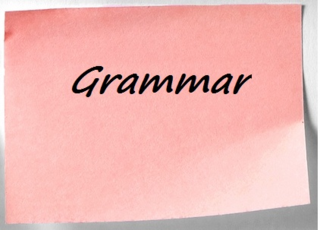A restrictive writing tip: That vs. which
Here’s a  writing tip that is absolutely necessary for authors to get right, which is important for being taken seriously.
writing tip that is absolutely necessary for authors to get right, which is important for being taken seriously.
Use that if anything appearing after the word limits (Grammarists use the word “restrictive.”) to a specific class of what you’re writing about. For example, Guys like cars that go fast. The word that specifies what kinds of cars guys like – fast ones. This tells readers that the author doesn’t mean slow cars.
Use which if anything appearing after the word is additional information that’s nice to know but not really important to understanding the sentence (Grammarists use the word “nonrestrictive.”). For example, Fast cars, which have been around for several generations, always catch a guy’s eye. The word which indicates what follows is extra information; readers don’t need to know that cars have been around for generations to understand from the sentence that fast cars always catch a guy’s fancy.
Because which is extraneous information, a clause beginning with that word is set off with commas. Because that is necessary information, commas are not used to set off the clause beginning with that word.
Need an editor? Having your book, business document or academic paper proofread or edited before submitting it can prove invaluable. In an economic climate where you face heavy competition, your writing needs a second eye to give you the edge. I can provide that second eye.
Amazon.com Widgets
Related articles
 Don't let perfectionism strangle your creativity
Don't let perfectionism strangle your creativity Five Great Quotations about Why We Must Write
Five Great Quotations about Why We Must Write Select right word to avoid reader confusion
Select right word to avoid reader confusion Don't be guilty of polysyllabism (Huh?)
Don't be guilty of polysyllabism (Huh?) When should you start a new novel chapter?
When should you start a new novel chapter?



